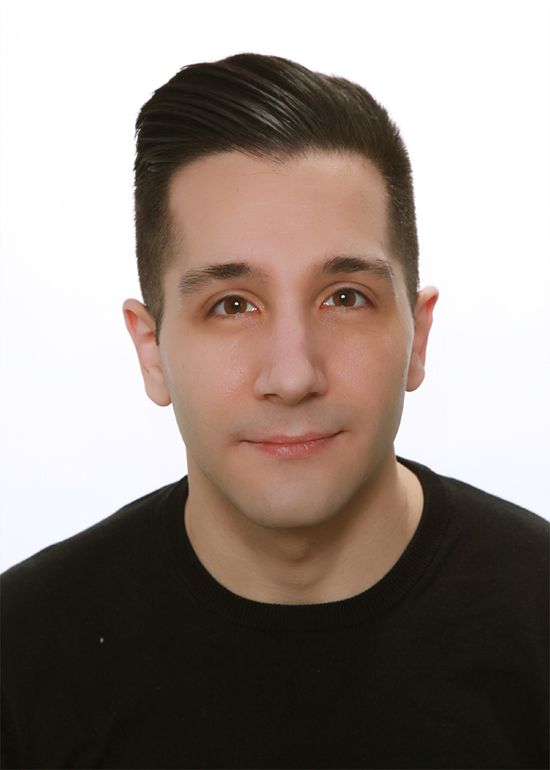
This course introduces basic concepts of statistical data analysis and their practical application in Mobile Computing and Connected Healthcare.
This is the 2024 course - the current course is online at
https://open.hpi.de/courses/hpi-dh-wearables2025
Lecture: Monday 1.30pm - 3.00pm in G2.U.10-14 (computer pool room in the basement of the Digital Health Cluster)
Tutorial: Tuesday 9.15am - 10.45am in G2.U.10-14
Language: English
Course information
This is the 2024 course - the current course is online at
https://open.hpi.de/courses/hpi-dh-wearables2025
- Introduction to Data Science for Wearables: Covering essential data science principles and their application in analyzing time-series data from wearables. This includes an overview of wearable technology’s role in health and fitness, alongside statistical foundations for robust data analysis.
- Statistical Data Analysis and Experimentation: Focusing on designing statistically valid empirical data collection methods with wearables, including conducting experiments and achieving accurate statistical test results.
- Handling Time-Series Data: Techniques for managing time-series data challenges, such as imputation for missing data and dimensionality reduction, to simplify analysis without losing critical information.
- Feature Engineering and Machine Learning Basics: Introducing feature extraction methods from raw data and transitioning to machine learning, specifically for tasks like classification and pattern recognition in wearable sensor data.
- Practical Application with Wearables: Empirical experimentation with wearable devices to apply covered theories in real-world scenarios, enhancing learning through hands-on experience. No prior knowledge required; the course caters to all levels, providing necessary background knowledge.
Course contents
Welcome and Introduction
R material:
links & slides for the R sessionsTools
Introduction to SensorHub
Statistical Analysis
Two-Sample and Variance Tests
Power and Tabular Data
Introduction to Machine Learning
Introduction to Supervised Machine Learning
Introduction to Deep Learning
Introduction to Unsupervised Learning
Introduction to Scientific Writing
Enroll me for this course
Learners
This course is offered by

Prof. Dr.-Ing. Bert Arnrich is Professor for Digital Health – Connected Healthcare at the Digital Health Center of the Hasso Plattner Institute.
His research on ubiquitous sensing and computing technologies is directed towards paving the way for transforming healthcare systems from purely managing illness to maintaining wellness everywhere, anytime and for anyone. He has been a PI in several European and national projects. He has co-authored over 120 refereed research publications.
He studied "Informatics in the Natural Sciences" and received the PhD degree Dr.-Ing. for the thesis "Data Mart Based Research in Heart Surgery" from Bielefeld University in 2006. He established and headed the research group Pervasive Healthcare in the Wearable Computing Laboratory at ETH Zurich between 2006 and 2013. He received an EU FP7 Marie Curie Cofound Fellowship in 2013 and was appointed to tenure track professorship at the Computer Engineering Department at Bosporus University until 2017. Between 2017 and 2018 he worked as a Science Manager for Emerging Technologies at Accenture Technology Solutions.

Berry Boessenkool has been teaching R courses in various formats since 2012. He is a freelance R trainer and consultant and works part-time as a lecturer at HPI. His passion for programming was sparked in his studies of geoecology and the analysis of environmental data is still close to his heart.

Orhan Konak is a mathematician born and raised in Berlin. After completing his Mathematics – Computational Engineering studies at the Beuth University of Applied Sciences, Orhan gained several years of experience as a software developer and forecast manager in various fields such as energy, software development, and health. After seven years of industry experience, he returned to the academic environment. For over five years, Orhan has been primarily researching and teaching in digital health and machine learning.